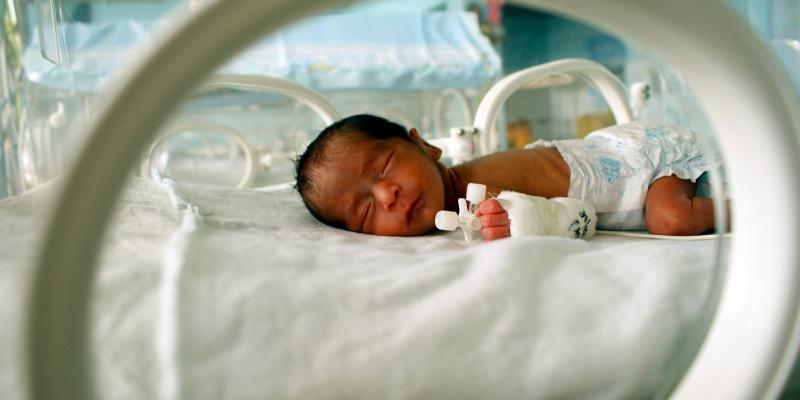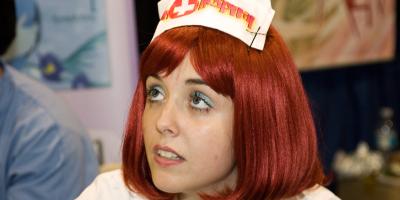The Children's Memorial Health Institute is one of the largest and most innovative paediatric healthcare centres in Poland. It annually admits approximately 30 thousand patients. It hosts procedures not available anywhere else, e.g. liver transplants in children. The hospital covers 17.5 hectares.
The centre is a science institute and a research and development establishment of the Ministry of Health. It conducts research and development applied in clinical work.
The hospital has 15 clinics, 26 wards, and 31 counselling service centres. It employs specialists who are national and voivodeship consultants.
History
The idea of the Memorial Hospital which would commemorate the child victims of World War II was proposed in the 1960s by the writer Ewa Szelburg-Zarembina. The initiative was presented at the sessions of the Council for the Protection of Struggle and Martyrdom Sites in 1965 by Seweryna Szmaglewska – a former prisoner of the Nazi concentration camps and the author of the book entitled “Smoke over Birkenau".
The social committee for the construction of the hospital was established in 1968, and a collection fund for this purpose was started. The foundation plaque for the construction was laid in 1973 r.
The first patient was admitted on 15 October 1977.
Everyday life
The average stay at the hospital is approximately five days, but 75 percent of the patients suffer from chronic diseases; many children stay here for months.
There is normal life at the hospital – it has a post office, a pharmacy, a bank, and an underground shopping centre – called "Marszałkowska" by the staff and the patients – which has stores offering clothing, toys, cosmetics, and food. The hospital chapel hosts baptisms, communions, and also confirmations.
The parents can stay with their children for 24 hours. The wards are equipped with social rooms and bathrooms, allowing the parents to prepare meals for their kids and take care of personal hygiene. The Institute also offers a hotel where the parents can rent rooms.
The hospital collects fees from parents staying in a ward – PLN 6.80 per night. This covers the costs of water, electricity, cleaning, the use of appliances, etc.
The hospital has a school complex which is composed of an elementary school, junior high school, high school, preschool, and early development support.
The school year lasts 10 months, but the dayrooms and preschool are open non-stop, including weekends. There are teachers and psychologists employed in the dayrooms.
Liver transplants in children – only in the Institute
The Institutions’ Children’s Surgery and Organ Transplant Clinic is the only establishment in the country performing liver transplants in children. The first successful child liver transplant was performed in 1990. Led by Professor Piotr Kaliciński, the current team performs approximately 40 transplants annually. 50 percent of these organs are from living donors.
Since 1984 the clinic has also been performing kidney transplants from deceased and living donors. In 2001, a simultaneous liver, small intestine, duodenum, and pancreas transplant was performed, which was also Poland’s first and thus far only intestine transplant.
The clinic annually admits almost 3 thousand patients.
This clinic and the Oncology Clinic treat children and youth with advanced liver tumours and qualify them for liver transplants. This is the only place in Poland offering liver tumour treatment for children.
The Oncology Clinic admits between 180 and 220 new patients with cancer each year. This is over one third of all solid tumours treated in Poland.
The Cardiac Surg0ery Clinic performs heart transplants in children.









Comments (0)